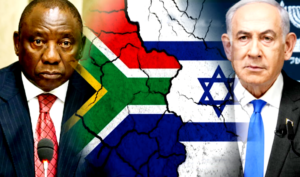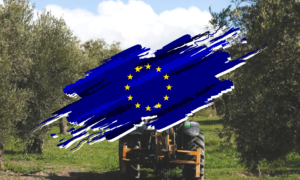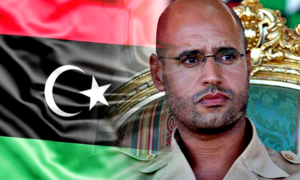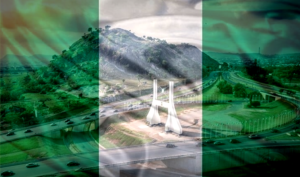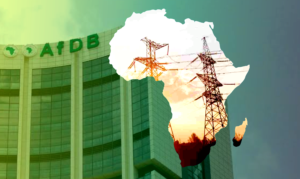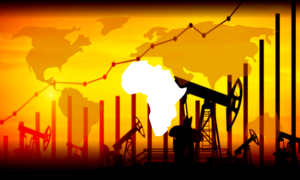Russia Says It Has No Choice But War After Trump’s Ukraine U-Turn
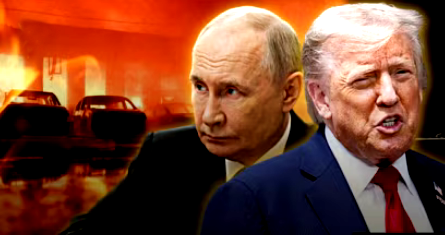
Kremlin laments ‘zero results’ in US-Russia ties as Europe braces for wider fallout.
Russia has declared that it has no alternative but to press ahead with its war in Ukraine, after US President Donald Trump’s abrupt policy reversal stunned both Moscow and European capitals. Trump, who had previously projected openness toward dialogue with Russia, branded the Kremlin a “paper tiger” earlier this week and suggested that Ukraine could ultimately win the war.
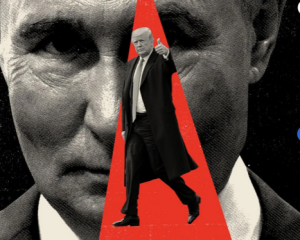
Kremlin spokesperson Dmitry Peskov dismissed the remarks as rhetoric but made clear that Moscow would not retreat. “Our military operation will continue until Russia’s interests are secured and our goals are achieved,” he said Wednesday. This is a a fractured geopolitical landscape.
The Kremlin’s statement underscores how slim the chances of US-Russia rapprochement now appear. Moscow admitted that relations with Washington are yielding “close to zero” results, further eroding hopes that Trump’s unpredictable diplomacy might have opened new channels for negotiation.
In Europe, the hardening rhetoric from both sides raises alarms of a potential spillover. Governments from Poland to Germany have warned of heightened risks if the war escalates or drags on indefinitely, especially as border tensions, refugee flows and energy insecurities pile pressure on already fragile political coalitions. Currently, families at the breaking point.
Beyond the battlefield, the war has inflicted generational trauma on families. In Ukraine, millions have been displaced, with parents forced to make impossible decisions. Sending their children abroad for safety while they stay behind. Russian families, too, face the consequences, with young men conscripted, injured, or killed, leaving households fractured and uncertain about the future. Rising costs, shortages and the specter of prolonged conflict weigh heavily on ordinary people, making peace feel more distant than ever, and cultural bonds torn apart in the stretch of family sociostatus.
The conflict has also severed centuries-old cultural ties between Russia and Ukraine. Once intertwined through language, literature and shared traditions, the war has turned heritage into a battlefield of identity. Ukraine increasingly emphasizes its independence from Russian influence, while Russia frames the war as a defense of historical unity. The clash is reshaping how both nations understand themselves; and how future generations may inherit a divided cultural memory.
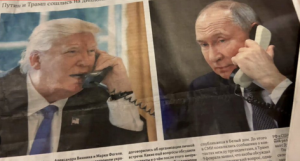
Sanctions and counter-sanctions continue to ripple through global markets. Russian industries, from energy to agriculture, struggle under isolation, while Ukraine’s economy reels from destroyed infrastructure and dwindling investment. European businesses too, are caught in the crossfire, facing high energy bills, disrupted trade routes and an unpredictable security environment. In the global markets, every escalation fuels uncertainty in supply chains, commodities and long-term investments.
Trump’s u-turn has added new volatility to US politics, placing it under pressure. While some allies welcome his tougher stance, others fear it could further polarize debates ahead of American elections. In Europe, leaders are caught between ramping up support for Ukraine and managing domestic discontent over the costs of war. Within Russia, the Kremlin continues to frame the conflict as existential, rallying nationalist sentiment but also stifling dissent as economic hardship grows.
The social fractures make deeper tensions at a human level, because of the war fatigue that is taking a strong hold. In Ukraine, resilience mixes with exhaustion, as civilians adapt daily life to the rhythm of air raid sirens. In Russia, public opinion remains divided. Many avoid speaking openly about the war, fearing reprisal, while others buy into the government’s narrative of defiance against the West. Across Europe, solidarity with Ukraine is strong but tested by rising living costs and political polarization.
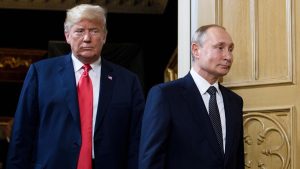
The Kremlin’s insistence that war is the “only choice” reflects both determination and desperation of misplaced power-arrogance. With Washington turning sharper in tone and Europe bracing for broader risks, the conflict appears locked in a dangerous cycle with no easy off-ramp.
To most families, businesses and societies across continents, the consequences of decisions made in Moscow and Washington are felt in empty chairs at dinner tables, shuttered factories, fractured identities and uncertain futures. What began as a regional war has become a test of resilience not only for Ukraine and Russia, but for the global order itself.


